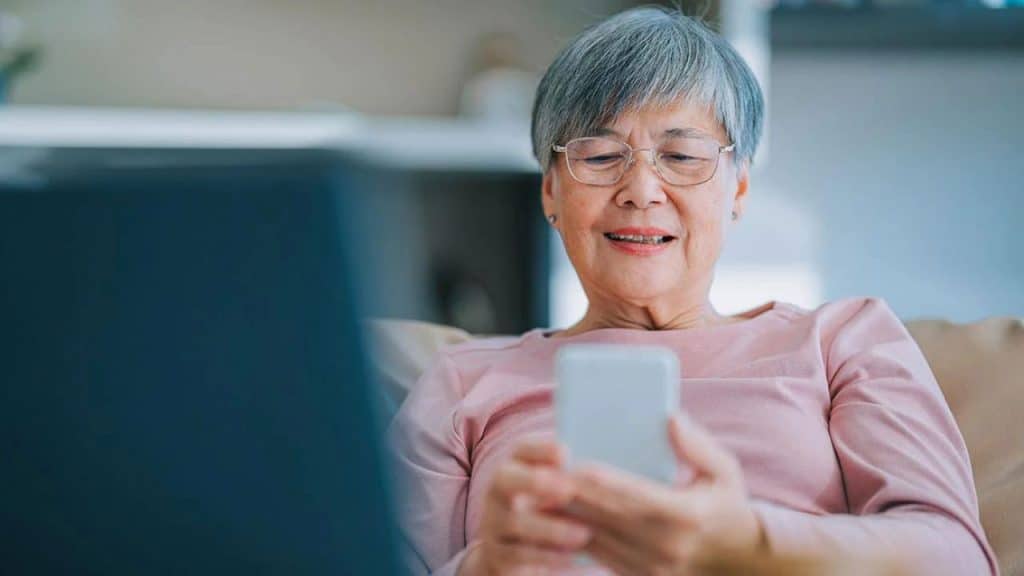We know that more and more people are aging and needing care. It has proven immensely challenging to ensure that everyone who needs it can access the appropriate support to allow them to maintain a good quality of life. One challenge may arise when there are significant cultural differences between the carer and the person receiving care. A new app hopes to change that (https://longevity.technology/news/worlds-first-cultural-matching-app-for-care-sector-launches/).
A relationship between a carer and the person receiving care can only work with trust, understanding and clear communication. Everyone is different, and most high-quality service providers acknowledge that the support they offer needs to be specifically tailored to the requirements of each individual user. This becomes particularly difficult when that user is from a different cultural background than the provider.
One of the most obvious potential issues is with language. If an elderly person doesn’t speak good English, especially if they have a condition like dementia that can interfere with speech and communication, it is much more difficult for a carer to understand what they want. Cultural matching goes much deeper than language, however.
What about dietary preferences? Religion? Haircare? What about all the unique experiences that make up a life? Every single one of them could change a person’s perspective. It’s not that people from a different cultural background can’t understand that these things are important, but there’s a completely different feel, a kind of ease, when you meet someone and know they’ve shared similar experiences to you. It means less pressure to explain, which is especially important for the potentially vulnerable elderly, who may be experiencing cognitive decline and emotional distress.
How would a cultural matching app work? Well, the technology may be clever and modern, even using AI, but the basic principles for the user are pretty simple. Care workers fill in their profile with all the relevant details, while care receivers fill out a questionnaire about themselves and any specific cultural requests. The app then finds users who match.
This app looks to fill a gap in the market, acknowledging the particular challenges faced by marginalized communities such as people of color. Responses from the sector to the idea have been positive, but it is still in its infancy. Hopefully, this kind of cultural matching can become a regular practice to ensure care is person-centered and individually tailored to the needs of the vulnerable.




